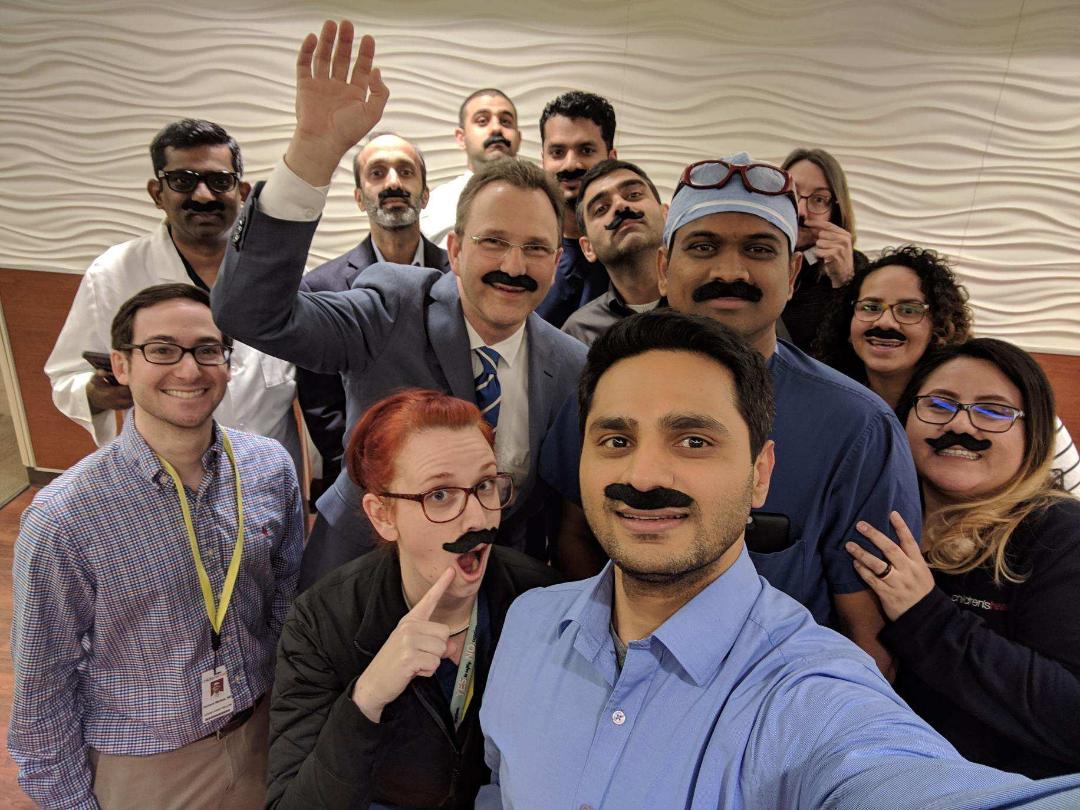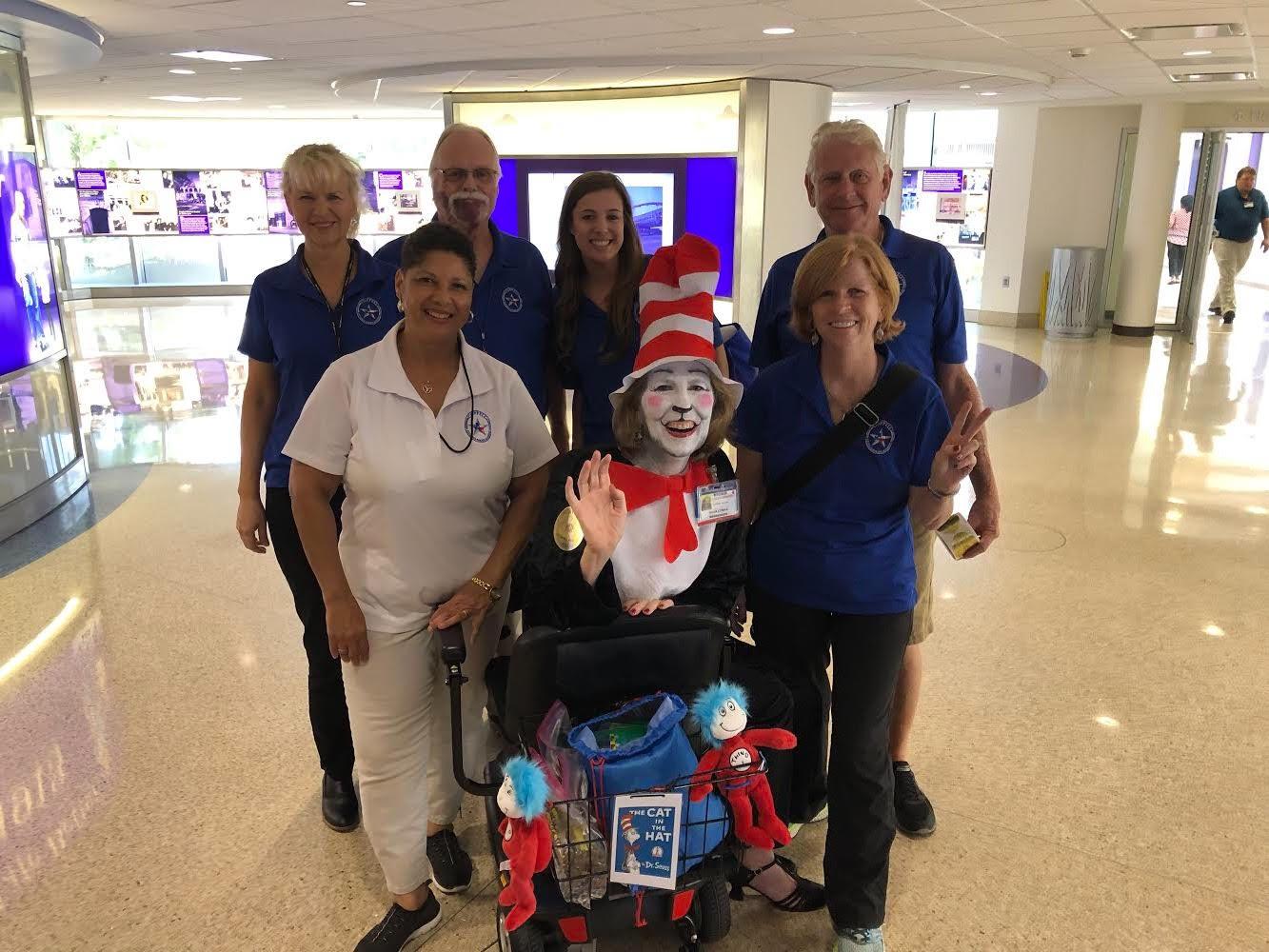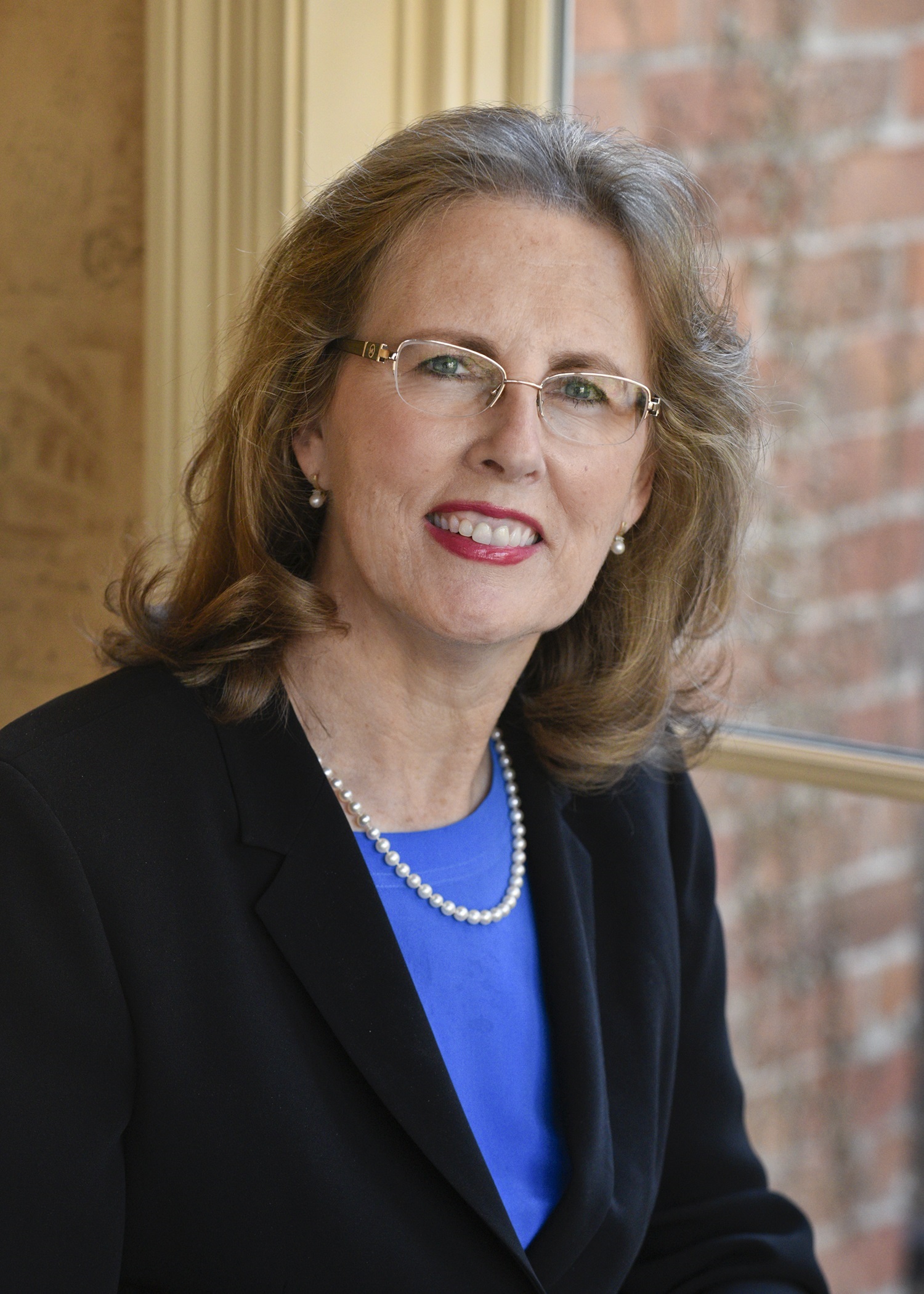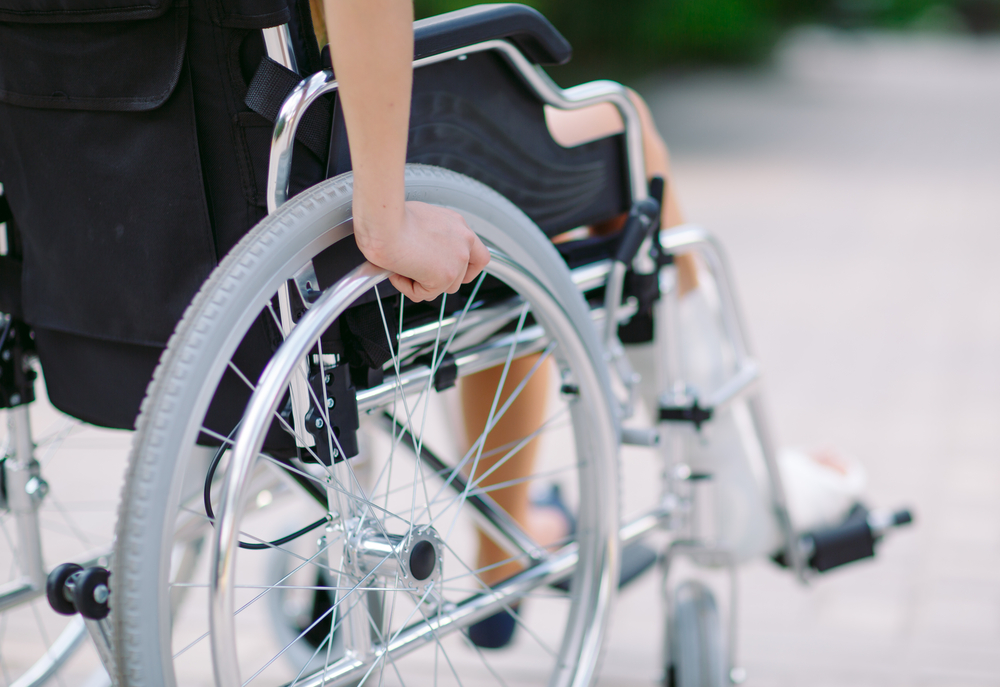In 1994, I thought the biggest challenge in life would be finding a balance between a career as a Senior Trial Partner at a big Dallas firm and raising three children. In 1999, it became clear that the real challenge in my life was much more ominous. I was diagnosed with Multiple Sclerosis. There was no explanation as to why I contracted this devastating disease, what symptoms I would develop, or how fast I would become disabled. Would I be confined to a wheelchair or a bed? Would I become blind or simply have double vision? Would I have pain or just tingling? Would I die? I already had bladder problems, but would I also face bowel dysfunction? Over 2.5 million people are afflicted with MS, so why hasn’t anyone found a cure? How could drug companies justify charging over $60,000 a year for medicines that don’t improve a patient’s condition?
For the next fifteen years, I managed the kids and the disease with relative success. I learned what a bladder spasm is and the true definition of the word “urgency.” I learned that my husband really meant it when he said “in sickness and health.” I learned that pain from MS included the pain associated with doing a face plant into a door, and spilling boiling water on my leg but being unable to remove my pants before suffering 2nd degree burns. I learned that there were a few advantages to having MS, including speeding through airport security lines because I was in a wheelchair, and always being able to find a parking space.
In 2014 I fell and broke my leg. I was in a wheelchair for 6 weeks. It became obvious that it was time to become more aggressive with treatments. After scouring the internet for every treatment for MS in the world, I identified Dr. Dimitrios Karussis at Hadassah Medical Organization in Israel as my best hope. His approach was still experimental. He used the patient’s own stem cells, obtained through bone marrow extraction, grew the cells, and then infused the cells through a spinal tap.
After eight infusions the benefits of the treatment are unmistakable. Because I still walk with a walker, people realize that I’m not cured. What they don’t know is that I have my life back. I’ve written three books, volunteer regularly at a hospital, travel around the country to raise awareness and financial support for the incredible work of Hadassah, the Women’s Zionist Organization of America, Inc. (HWZOA) who operate Hadassah Hospital in Israel. I cook every week for my daughter in medical school. I have attended the graduation ceremonies of each of my three children from college, and I attended the wedding of my oldest son recently. This past year, we celebrated Thanksgiving at my house with 37 relatives.
Having MS has allowed me to stop sweating the small stuff. I have come to realize that what makes me happiest is making others happy. At the Dallas Children’s Hospital where I volunteer, my disability gives me the advantage of having an immediate connection to the kids. Making people smile is the best job at the hospital.

David Ben Gurion said: “In Israel, in order to be a realist, you must believe in miracles.”
I am a realist. I didn’t simply wish to be cured of MS. I researched the possible options for treatment and used my best judgment to select one. Dr. Karussis is also a realist. He’s devoted over 30 years researching stem cell treatment of neurological diseases. He has published more than 120 peer reviewed scientific papers, given more than 150 lectures, served on editorial boards of major medical journals, was elected as the President of the Israeli Neuroimmunological Society and hosted an International Neurological Meeting. He has published the amazing results of the stem cell therapy he formulated for the treatment of MS and ALS.
I also believe in miracles. The miracle is that the people of Hadassah Hospital in Israel have given of their time, talent, and money to make this treatment possible and available to me. The miracle is that studies that I volunteered for twenty years ago in Dallas made me an attractive candidate for Dr. Karussis’ research. The miracle is that the Israeli Ministry of Health approved me to be treated in their Compassionate Care program. The miracle is that all MS patients can now have hope that an effective treatment is here and Hadassah Hospital is sharing it with the world.

VIDEO LINKS:
Watch MS patient Malia Litman dance at her son’s wedding
Learn how MS patient Malia Litman got her life back
Learn more about Hadassah Medical Organization
Learn more about Dr. Dimitrios Karussis and his revolutionary stem cell treatment
CBS/Dallas News coverage of Malia Litman’s MS treatment
Follow us here and subscribe here for all the latest news on how you can keep Thriving.
Stay up to date or catch-up on all our podcasts with Arianna Huffington here.


